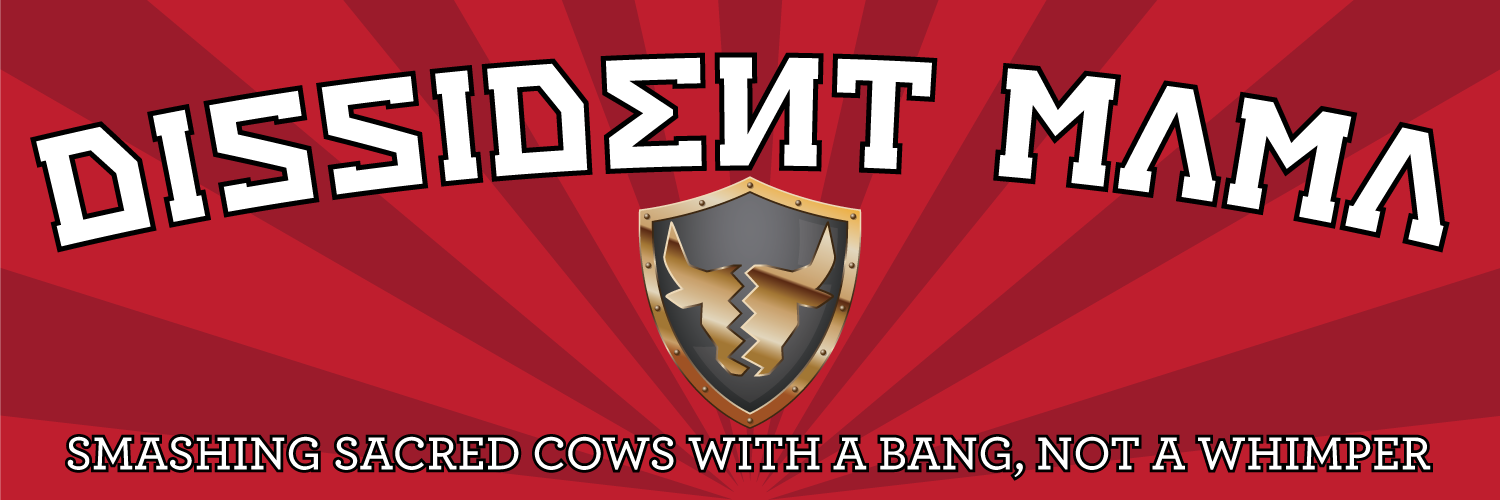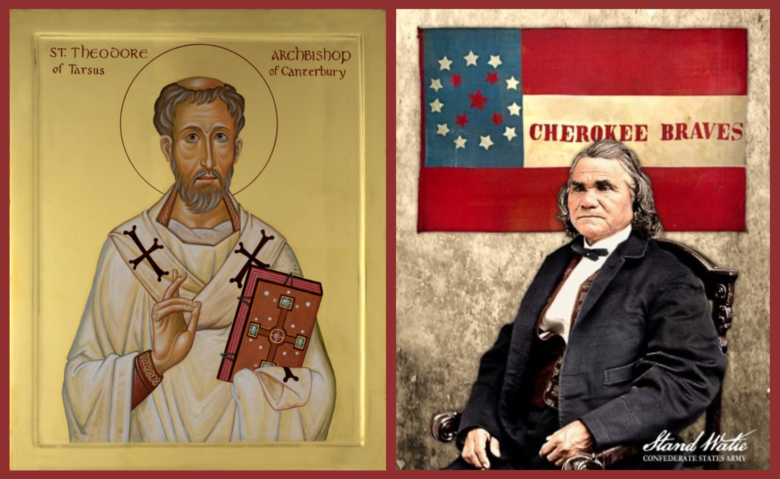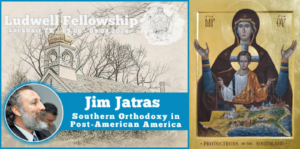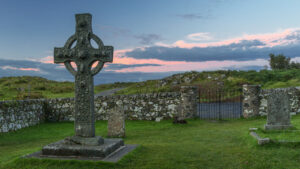For more information on the author, as well as resources on the Orthodox view of the departed, the meaning of a Saint and their veneration, explanation of old vs new calendar, and funeral hymns and prayers, click here.
By Walt Garlington
Dear friends, if you have time, please pray for these members of the Southern family on the day they reposed. Many thanks.
September 4th
General John Hunt Morgan: a very effective Kentucky cavalry leader in the War, doing much to disrupt Yankee supply lines and making an incursion deep into Northern territory. Killed in battle in 1864.
http://www.encyclopediaofalabama.org/article/h-3531
https://www.findagrave.com/memorial/4433/john-hunt-morgan/photo
Judge Spencer Roane: one of the best judges of his day, and an unsung hero for local authority.
https://www.abbevilleinstitute.org/mcculloch-v-maryland/
https://lawliberty.org/book-review/spencer-roane-the-forgotten-founder/
https://www.findagrave.com/memorial/18472831
September 9th
Bill Monroe: one of the pioneers of the Bluegrass genre of music.
https://www.abbevilleinstitute.org/what-makes-this-musician-great-bill-monroe/
Stand Watie: a Cherokee leader who became a general in the Confederate Army. He was one of the last to surrender to the Yankees in the War. [His photo is on the right of the feature image at top.]
https://www.okhistory.org/publications/enc/entry.php?entry=WA040
https://www.findagrave.com/memorial/4506/stand-watie
https://www.abbevilleinstitute.org/blog/they-came-from-the-east/
https://www.abbevilleinstitute.org/the-confederate-cherokee/
September 15th
Robert Penn Warren: “at home in all the major genres–poetry, fiction, drama, and criticism–though poetry was his dominant mode. Warren was awarded three Pulitzer Prizes, a number unmatched by any other writer, one for his novel All The King’s Men (1947) and two for the poetry collections Promises (1958) and Now and Then (1978). He also received a MacArthur Prize Fellowship in 1981. The American Academy and Institute of Arts and Letters awarded him its Gold Medal for Poetry in 1985. In 1986 he was named poet laureate, the first in the United States to be given that title.”
https://tennesseeencyclopedia.net/entries/robert-penn-warren/
https://www.robertpennwarren.com/
September 16th
James Oliver Rigney, Jr. (aka Robert Jordan): the writer of a renowned series of fantasy books, “The Wheel of Time,” amongst other works.
https://www.abbevilleinstitute.org/blog/let-the-south-ride-again-on-the-winds-of-time/
September 17th
Gov. Pedro Menendez: the first Spanish governor of Florida who founded the first permanent European settlement in the South (the city of St Augustine). A good military commander (though a little too quick to shed blood), he negotiated with the Native Americans to trade peacefully and worked to evangelize them as well.
https://fcit.usf.edu/florida/lessons/menendz/menendz1.htm
September 20th
Richard Rowland Kirkland: the famous “Angel of Marye’s Heights,” he tended to the Yankee wounded after the Battle of Fredericksburg.
https://www.scencyclopedia.org/sce/entries/kirkland-richard-rowland/
https://www.findagrave.com/memorial/4063/richard-rowland-kirkland
September 24th
William “Singing Billy” Walker: he helped popularize shape note/Sacred Harp singing in the South.
https://www.abbevilleinstitute.org/blog/not-just-whistling-dixie/
http://originalsacredharp.com/2013/12/31/william-walker-carolina-contributor-to-american-music/
https://www.findagrave.com/memorial/32607297/william-walker/photo
September 27th
Gen. Braxton Bragg: a gifted commander in certain ways, but his ornery personality usually wound up antagonizing those around him.
https://www.ncpedia.org/biography/bragg-braxton
September 28th
Sen. Thomas Bayard, Sr.: a staunch defender of the South against Radical Reconstructionists.
https://www.abbevilleinstitute.org/blog/thomas-f-bayard-sr/
https://www.findagrave.com/memorial/6653371/thomas-francis-bayard
Holy Ælfred the Great, King of England, South Patron, pray for us sinners at the Souð, unworthy though we are! Anathema to the Union!
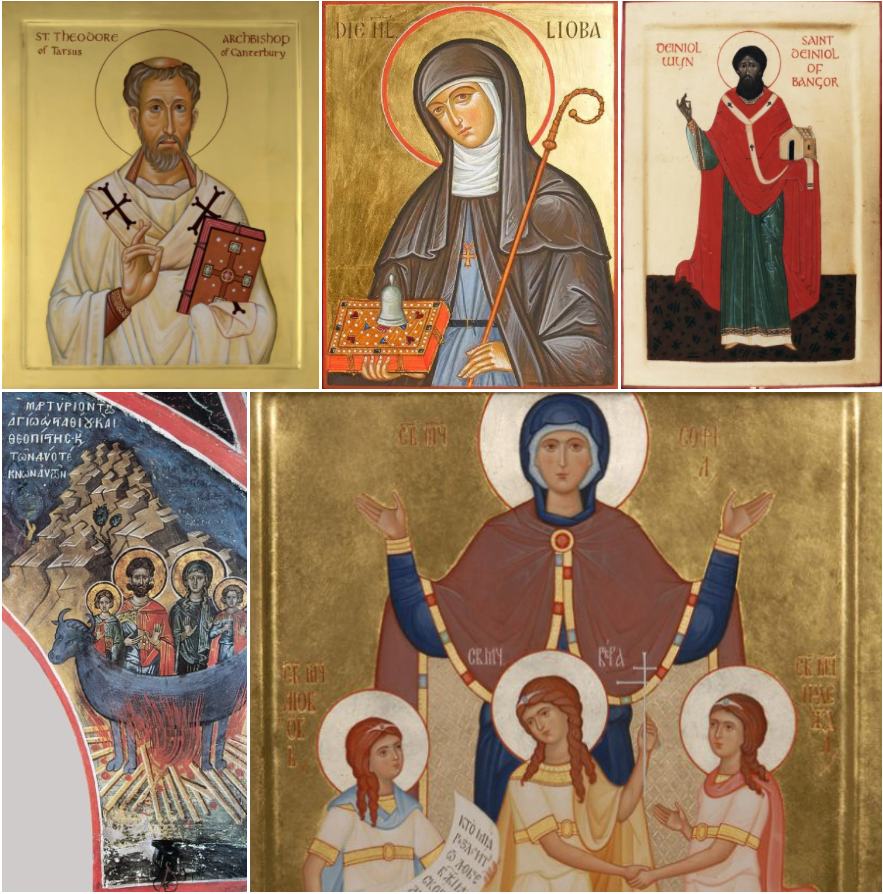
♱ St. Theodore, Archbishop of Canterbury
A Greek who was educated in Tarsus in Cilicia, he spent some time at Athens and became a monk in Rome. He was aged sixty-six when Pope Vitalian appointed him to Canterbury at the suggestion of the African St. Adrian in 666. They travelled to England together, Adrian becoming Abbot of Sts. Peter and Paul in Canterbury. Theodore is rightly called the second founder of Canterbury. He visited all parts of the country, consolidated or re-established dioceses, promoted learning and held the first national Council in Hertford in 672. St. Theodore is one of the greatest figures in English history.
Source
Longer accounts of his life are here, here, and here.
A service for St. Theodore is here.
“Troparion of St. Theodore of Canterbury — Tone VIII”
As a compatriot of the pre-eminent Paul and a scion of Tarsus,
O Theodore, bestowed upon the West by God thou didst traverse afar,
proclaiming the peerless Gospel of Christ among the Angles and Saxons.
Wherefore, having received thee as a gift divine and great,
we cry out in thanksgiving to the Lord on high:
Truly wondrous art Thou, O Saviour, in Thy holy bishop and in all the saints!
Source
